What happens to a Christian family who has to flee Syria?
No doubt many people have wondered about that. Kristina and Artur Avanesyan are doing something about it. Below is a short explanation of how God brought them to this place.
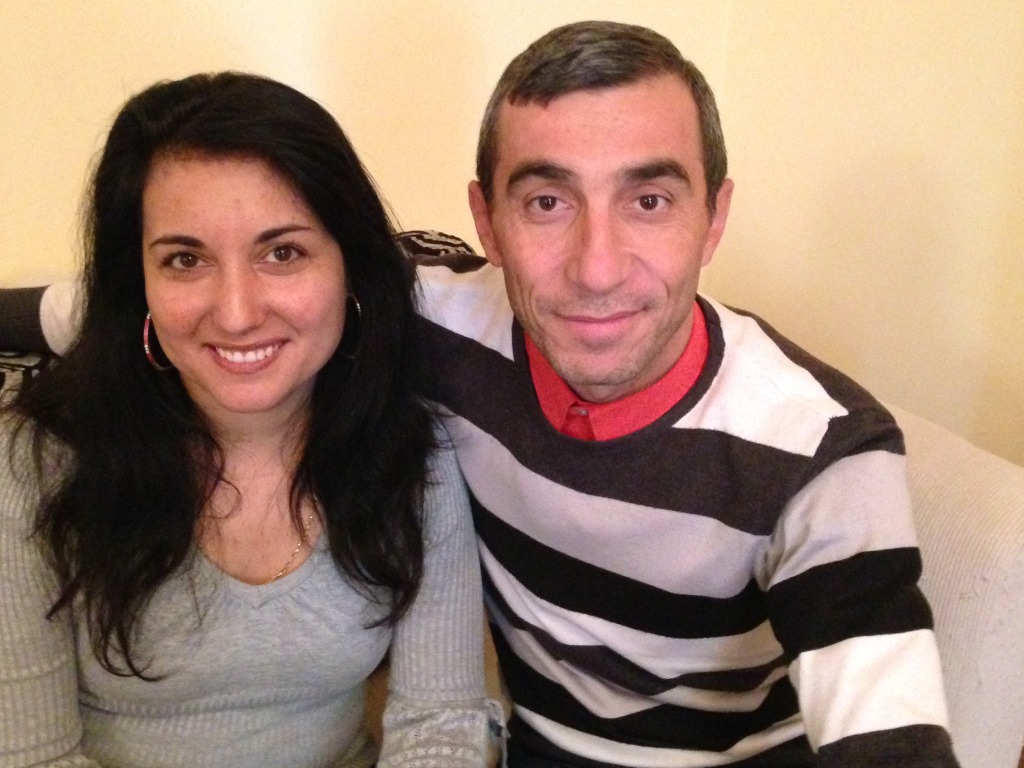
Kristina and Artur met DNA co-founders Darrow Miller and Bob Moffit in 1998 when at a Vision Conference in a restricted Central Asian country where they heard for the first time about the importance of a biblical worldview and the role of the local church in discipling whole nations. That exposure convinced them of the need for DNA teachings closer to home.
“The truths we learned there were so revolutionary for us that we were sure that we needed them in [our own nation],” Kristina says.
Some of the DNA teachings that brought transformation to Kristina and Artur’s church and community included:
- Christians need to care not just about spiritual things but about all of life. Kristina says nonbelievers view Christians and their faith as impractical–expressed in word but not in action. But we are called to both speak and demonstrate truth and love.
- Because many churches wanted to do something in their communities but didn’t know how to start, Seed Projects became useful tools.
- It is possible to be a Christian and still hold an animistic or otherwise un-biblical worldview. We need to critically examine ourselves and our culture to identify lies and replace them with God’s truth.
- The most valuable resources we have as humans are found not in the land but in our minds and spirits. The answer to poverty is not always something material but, rather, rooted in our worldview.
Helped by JDA International, Inc., they organized a local Vision Conference. Darrow and Bob taught 250 pastors and church leaders from 35 different churches. The gathering was held at a Pentecostal church and resulted in a whole new cooperative spirit in the denominations of their city.
“That was the first time Christian leaders from different denominations came together for a conference,” Kristina said. “Baptists and Pentecostal believers, Methodists and charismatics worshiped the Lord together.”
The week had begun with brothers and sisters casting suspicious looks at one another, not sure what to think about being thrown together. But before the conference was over, a new spirit of cooperation prevailed. Two years later, after Darrow and Bob led a second Vision Conference in the country, pastors of almost every Protestant denomination began meeting monthly for prayer. Churches also worked together to launch numerous Seed Projects (and larger projects) including rehabilitation centers, serving the homeless, and orphanage ministries.
In the years that followed, Kristina and Artur completed two “Training of Trainer” sessions, equipping others to further the DNA movement in ripple-effect fashion.
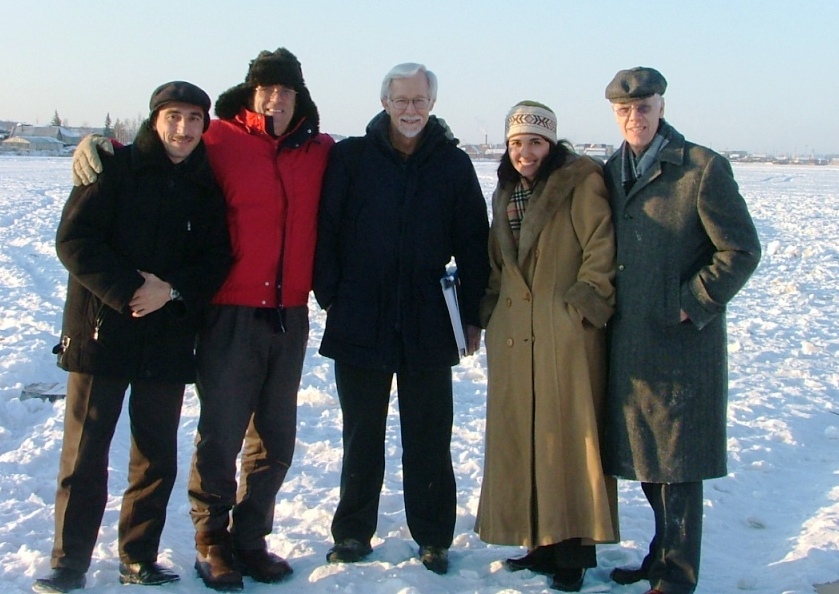
Artur taught several sessions while Kristina translated for Darrow and Bob.
In the meantime, their life apart from these events was increasingly influenced by the principles they had derived from DNA circles. Artur was serving as a pastor in a Church of Christ congregation.
He and Kristina continued teaching DNA material at the local Pentecostal seminary until the government closed the school. Kristina worked in various charitable organizations on development projects.
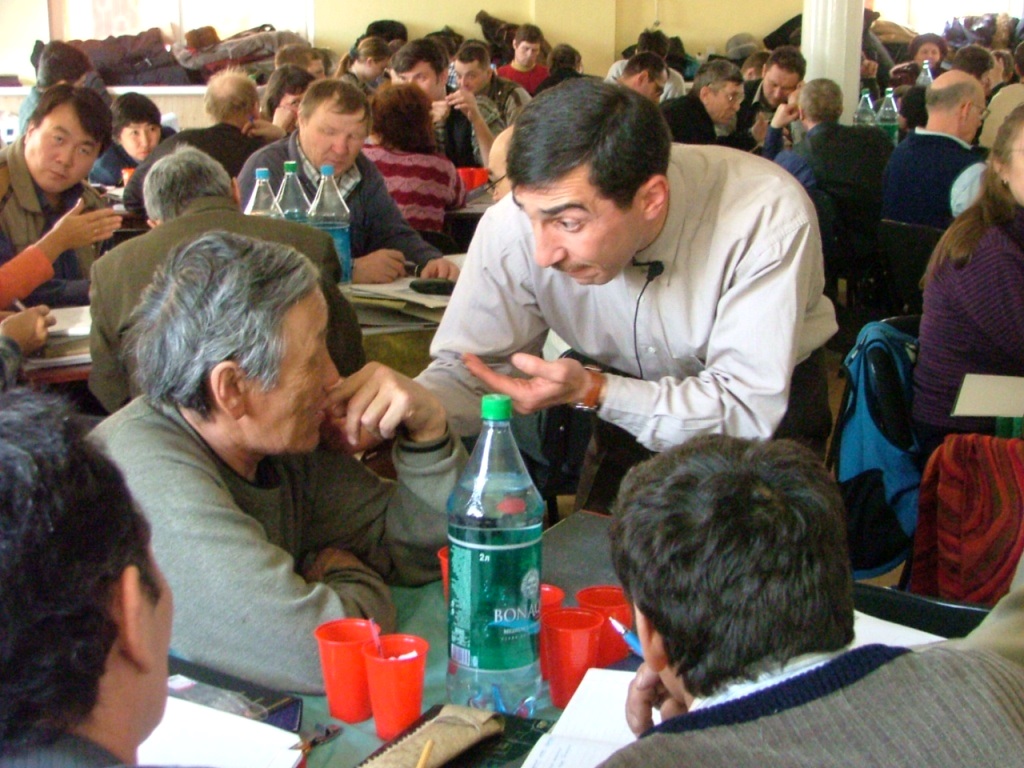
All of this has culminated in their recent decision to serve their ancestral homeland where they long to make a difference in the lives of displaced and hurting people.
“We have moved to Armenia because of God’s calling,” Kristina says. “This is the land of our ancestors. Four years ago, we made a trip to Armenia for the first time and then God, little by little, started revealing to us that we need to go there.”
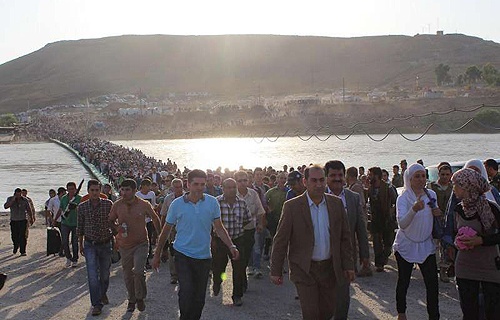
Christians from Syria, Iran, Libya, and other Middle Eastern countries are fleeing persecution and arriving in Armenia in increasing numbers. They come in single families, several families together, or entire communities, hoping to start a new life. They perceive Armenia as a Christian country and potentially a safe refuge.
“They come with hope, but many of them are disappointed,” says Kristina. “They do not receive much help here and, sometimes, they face rejection from the local people.”
The Armenian government has little margin to extend care toward foreigners, and the local people, living in a difficult economy, often perceive refugees as a drain on precious resources. Facing these resentful citizens and finding the government agencies unhelpful, many refugees have no choice but to return from where they came or launch further into territory of unknown hospitality in Russia or Europe.
“We want to help these people settle and start a new life,” Kristina says. “The government does not have enough resources so we want to start a ministry, maybe even an organization.”
Kristina and Artur hope to start an NGO to provide assistance to refugees, including legal consultation, a shelter home, and help in finding employment.
“We ourselves are new people to this country,” Kristina continues. “We face with the same difficulties. But we see these people not as a burden, rather as an opportunity, that they and their children will be the ones who will build our country together with us.”

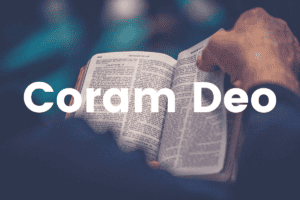
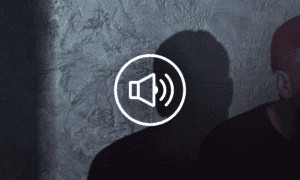

An inspiring story, leaving me intrigued.